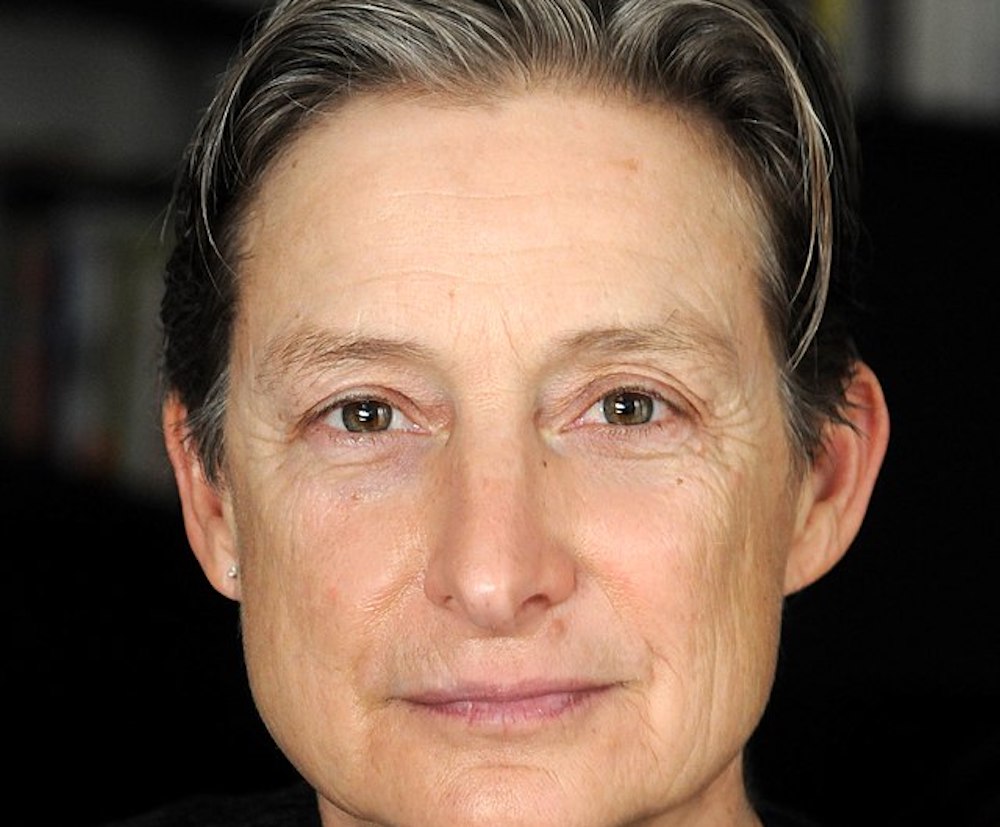
Judith Butler is a controversial, thoughtful American philosopher and gender theorist best known for their works “Gender Trouble: Feminism and the Subversion of Identity” and “Bodies That Matter: On the Discursive Limits of Sex.” They challenge the belief that certain gendered behaviors are innate, pointing out the ways that one's learned performance of gendered behavior, or what is commonly associated with femininity or masculinity, is an act of sorts, a performance that is imposed by normative heterosexuality and traditional beliefs. In their personal life, Butler identifies as non-binary and in 2020 said she prefers “they/them” pronouns.
Their work has influenced political philosophy, ethics, and the fields of third-wave feminism, queer theory, and literary theory, and has been studied and debated in film studies courses with an emphasis on gender studies and performativity. Their adamance for the inclusion of transwomen has continued the discussion on what gender “is.”
“I suggested more than 30 years ago that people are, consciously or not, citing conventions of gender when they claim to be expressing their own interior reality or even when they say they are creating themselves anew. It seemed to me that none of us totally escape cultural norms,” they said in an interview with The Guardian in 2021.
Butler was born in 1956 in Cleveland, Ohio. After attending Bennington College, they studied philosophy at Yale University, earning a Bachelor of Arts in 1978 and a Doctor of Philosophy in 1984. They taught at Wesleyan University, George Washington University, Johns Hopkins University, and the University of California, Berkeley, where they were appointed Maxine Elliot Professor of Rhetoric and Comparative Literature in 1998.
Butler, who is Jewish, has also spoken out on anti-war movements, contemporary political issues, including Israeli politics, and has defended LGBTQ rights. Their work has not been without criticism, however, with naysayers accusing them of elitism due to their difficult prose style and reducing gender to a simple matter of discourse.
Butler has co-authored and edited dozens of articles, chapters, and papers, and their works have been translated into multiple languages. They are one of the most widely read and influential gender theorists in the world. Other works include “Excitable Speech: A Politics of the Performative,” “The Psychic Life of Power: Theories in Subjection,” and “Undoing Gender,” among many others.
